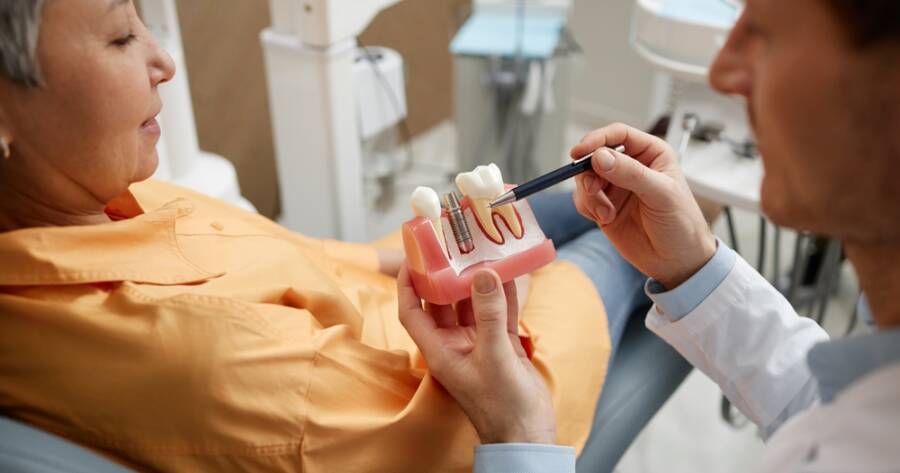Dental implant clinical trials have become pivotal in offering innovative solutions for those facing tooth loss, presenting opportunities for lower-cost or no-fee treatments while advancing dental technology. Participants not only benefit from cutting-edge care but also contribute to vital research, enhancing accessibility and knowledge in oral health. Understand how clinical trials are reshaping dental care advancements.
The Importance of Dental Implants Clinical Trials
Dental implants are transformative solutions for those missing teeth, providing stability, improved oral function, and enhanced aesthetics. However, the significant cost and the complexity of dental implants often pose barriers for individuals needing these procedures.
Clinical trials play a crucial role in advancing dental implant technology, providing opportunities for participants to access potentially lower-cost or even no-fee treatments. These trials offer a valuable collaborative platform for researchers and participants, leading to innovation in dental care while making it more accessible.
Benefits of Enrolling in Clinical Trials
Participating in dental implant clinical trials provides several benefits. Aside from financial relief, participants gain access to cutting-edge treatments that might not be available to the general public.
Clinical trials are an opportunity to receive expert care under controlled conditions, as these studies are often conducted by prominent dental researchers and clinicians. Trials also enhance the participant’s knowledge of their dental health, offering insights into potential innovative procedures and personalized care approaches.
Ongoing Trial Initiatives
Diverse clinical trials such as those available on platforms like Power, investigate numerous aspects of dental implants. Research focuses on various treatment methods like antiseptic application, ceramic implants, and advanced imaging techniques, all aiming for improved success rates.
Such trials facilitate the exploration of innovative materials and procedures, broadening the realm of possibilities for patients through detailed research projects. This comprehensive approach helps in refining implant therapies and overcoming various challenges associated with implantation.
Funding and Support Mechanisms in Clinical Trials
Funding and support are pivotal in expanding access to dental implants through clinical trials. Programs such as the Dental Implant Restoration Registry (DIRR) and other acknowledged trials extensively collect data to diagnose and manage implant complications, enhancing overall patient care.
These programs support evidence-based strategies that contribute significantly to patient education and care optimization by allowing informed decisions regarding treatment options.
Diverse Program Opportunities for Affordability
Reduced cost or no-fee dental implants can sometimes be obtained through various avenues like dental schools, Medicaid, and charitable organizations. Dental schools provide lower-cost options to patients while allowing students to gain practical experience.
While Medicaid occasionally covers dental implants if they meet medical necessity criteria, eligibility varies by state. Programs like Donated Dental Services and Give Back a Smile also offer dental care, including potential implants, to specific groups such as the disabled or the elderly.
Why You Should Learn More About Dental Implants Clinical Trials Today
Understanding the landscape of dental implant clinical trials can offer life-changing opportunities for those struggling with dental health issues. By participating, candidates can access innovative care while contributing to the broader scientific understanding of dental implant technologies.
Engagement in these trials not only alleviates financial burden but also fosters advancements in dental care through data collection and research-driven methodologies. Exploring clinical trial options is a strategic step towards integrating advanced dental practices into everyday health care, ultimately enhancing overall quality of life.

